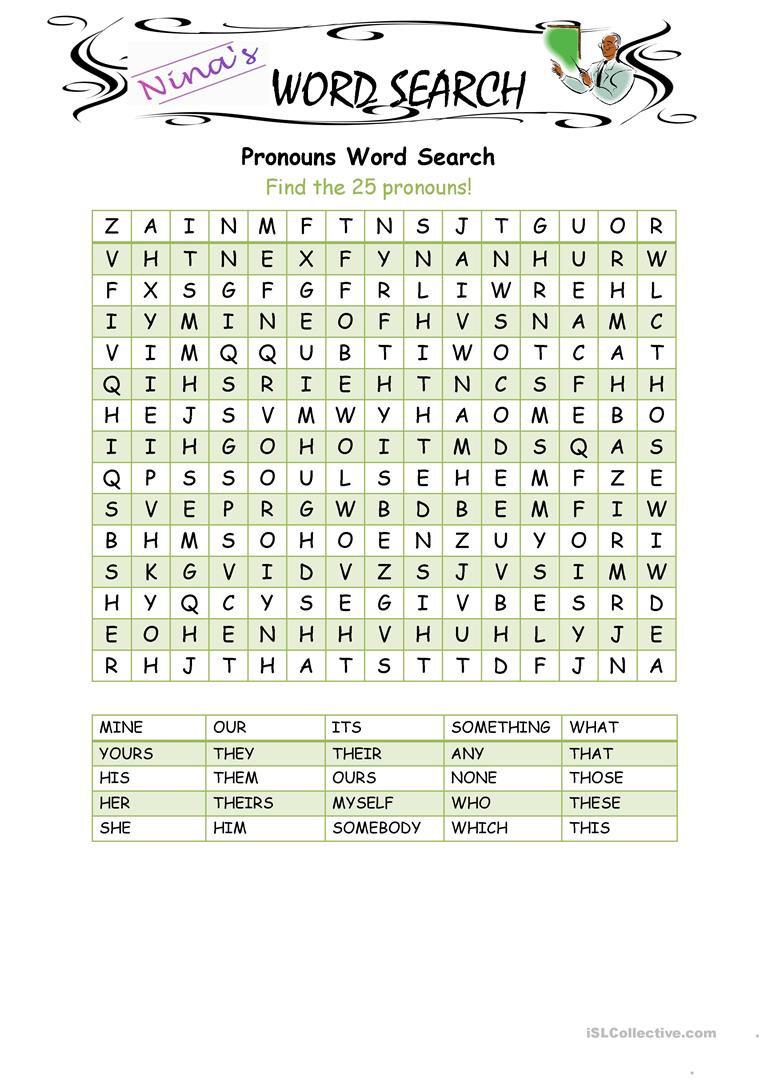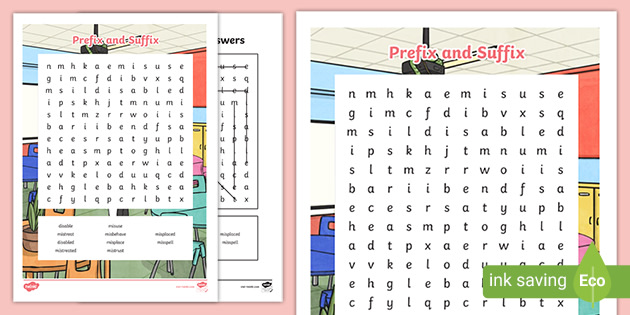
You can now listen to the pronunciation of all the words in the Different types of Journalism worksheet by clicking on the link below: Online: They like working online because it is practical.Print:The print media cannot be replaced by digital platforms.Investigative: Investigative journalism is fascinating.Fashion: I like talking about fashion because it is one of my passions.

Freelance: He used to work as a freelance journalist.What sentences could you make from those five special words? Look at the vocabulary below and pick out five words you would love to use in a conversation or in an essay. (The answer to CHALLENGE QUESTION ONE is at the beginning of CHALLENGE QUESTION TWO) Question 1: There is a word in the list below that was not in the Media and Journalism Vocabulary worksheet. Let us now move on to our first CHALLENGE. Try to use the words you have just learned in real life situations too. You can also do the pronunciation exercise as often as possible in order to obtain long-lasting results.įantastic job! Hard work pays off. Make sure to repeat the words aloud-PRACTICE MAKES PERFECT. If you want to know how these words are pronounced, listen to the recording below.

What are your favourite words in the list? Which words are you likely to use again? Which words are you unlikely to use again? Why? STEP ONE: Quiz about Media and Journalism vocabulary
Esl word search puzzle maker download#
You can download the following material for this lesson: We recommend that you do one step a day for better results. There are four steps that you have to go through.
Esl word search puzzle maker how to#
This can be done on grid paper or using an online puzzlemakerĢ.At the end of this lesson, you will know how to use essential vocabulary for talking about the Media and Journalism in general. Have students use their vocabulary and clues to create crossword puzzlesĪ.

Have students then work in pairs to continue creating their content word list and writing clues for each wordġ. Students could use textbooks, dictionaries, or their own knowledge to create cluesĥ. Model how to create an interesting clueĪ. Inform students that they will be creating crossword puzzles to help their classmates learn these wordsĤ. Provide feedback and suggestions from your own list of words to includeģ. Have students share some of their chosen wordsĪ. Words do not need to be difficult, but should be related to the unitĢ.

In pairs, invite students to make a list of the most important and interesting words from the unit you are studyingĪ. Make a list of words related to the main content of the unit Implementation:ġ.


 0 kommentar(er)
0 kommentar(er)
